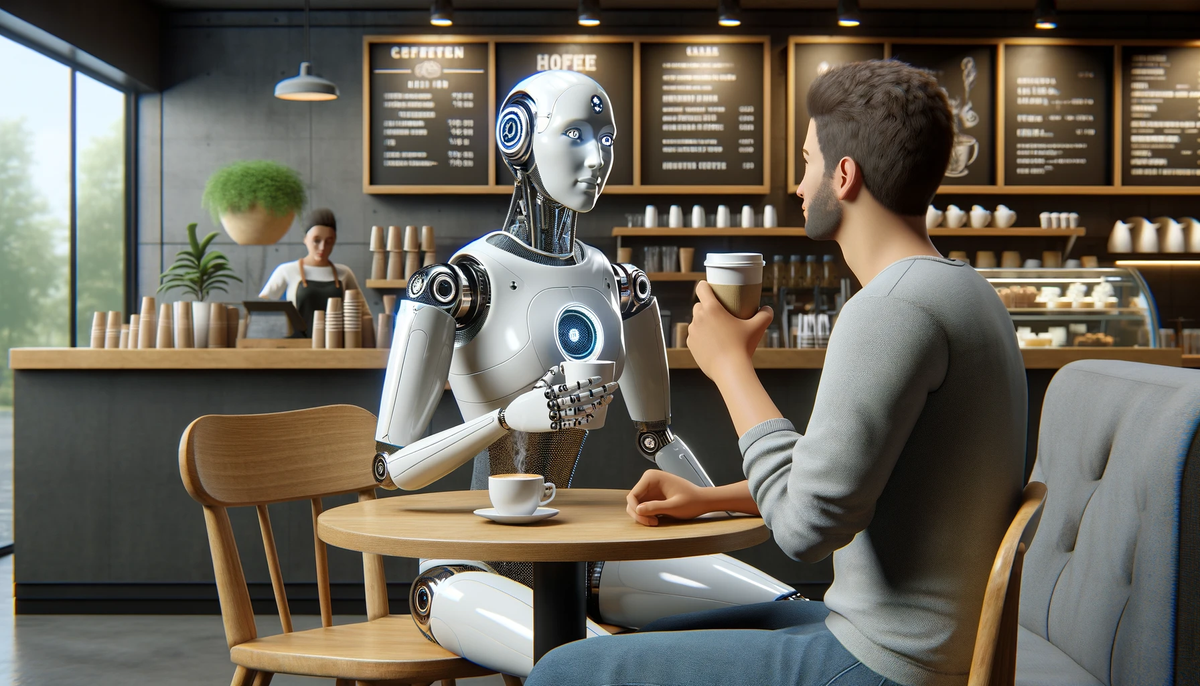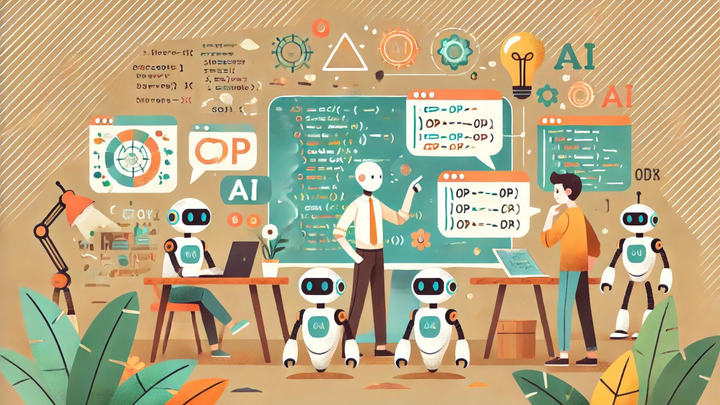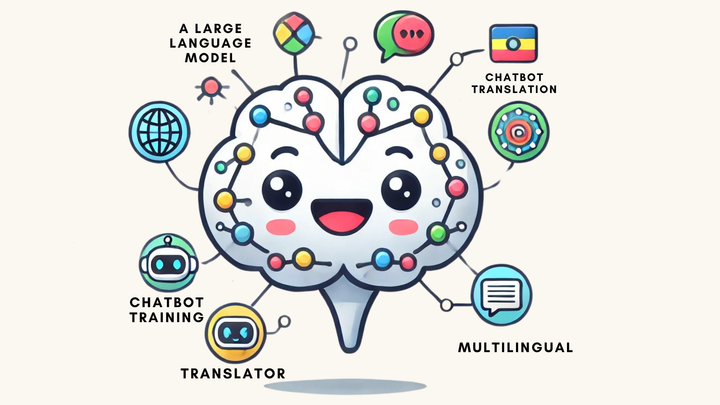Are AI Agents Our Fantastic New Colleagues Or Work Overlords?
Will AI agents be our helpful colleagues or controlling overlords? Discover how they could transform your work and redefine productivity.

Will AI soon start demanding coffee breaks?
Ready to replace not just your office tools but potentially your office best friend too? Or will your AI assistant eavesdrop on your most private conversations and rat you out in front of your boss?
As these supercharged digital entities start attending our meetings and making decisions, one has to wonder: Are we training them, or are they beginning to train us? And most importantly, will we ever lose control of them?
With new companies being launched almost weekly, developers and founders are jumping at the chance to add their projects to the roster of agent-ish products.
But first, let's tackle the essentials: What are autonomous AI agents? It is a concept of AI systems that can work on their own and execute complex tasks without being directed. So, how does it stand apart from, say, a garden variety chatbot?
Agents aren't just intelligent—they're strategic. Like human employees, they can plan, and dissect goals into manageable tasks by thinking through each step and reflecting on their effectiveness. They function within software safeguards designed to ensure they remain reliable and compliant.
But what's driving this shift towards agentic systems?
The limitations of current AI co-pilots, which often excel only at single-turn tasks like summarising texts or completing code snippets.
Today's agents, however, are being designed to handle more sophisticated, multi-step tasks. By 2025, AI is projected to power a staggering 95% of customer interactions. A recent study by Gartner predicts that by 2025, 25% of customer service interactions will be handled entirely by AI agents, without human intervention (up from 19% in 2019)- Imagine an AI that rather than just crafting an email draft, can actually send the email on your behalf and manage the follow-up conversations.
Before AI stepped onto the scene, software was mainly a passive player—more of an object, with humans firmly in control, dictating actions through clicks and commands. But now, as AI agents ramp up their autonomy and delve deeper into the realm of independent action, the very definition of "agency" is on the verge of a seismic shift, blurring the lines between human and machine in a way science fiction could only dream of.
Several companies are making strides in developing AI agents for various tasks.
- MS copilot: pre-processes input & assists with coding
- Adept AI: simplifies knowledge work by performing the clicking and typing
- Floworks AI: automates the entire sales cycle
- Lindy: records, transcribes & summarises action items from meetings & sends contracts.
- Ema: lets you build specialized personas for support, sales, HR, etc
- Google Gemini Assistant: helps with writing brainstorming & learning
Imagine a future where AI agents aren't just mimicking human ability but surpassing it by working alongside us- no longer a competition between human and machine, but a powerful collaboration that redefines how we interact with technology.
This is the future we want to build...
At Floworks, we're at the forefront of this AI revolution, streamlining your email management faster than you can hit "reply all" and even craft polite responses to those pesky meeting requests. Flowy automates the end-to-end Sales cycle, by doing everything from prospecting leads, to managing meetings and notes, to helping you close customer deals.
In this ever-evolving landscape of AI, Flowy stands out by bridging the gap between technology and practicality – showcasing how AI agents can serve as a tool and a true partner in the digital age.
So, will AI assistants become our robot overlords? Probably not. They'll likely become our perpetually perky personal assistants, nagging us to meet deadlines and reminding us where we left our presentations (again). Flowy isn't here to replace you; it's here to make you, and your team, unstoppable.
Because the only thing you should be worried about is what to accomplish next!




Comments ()